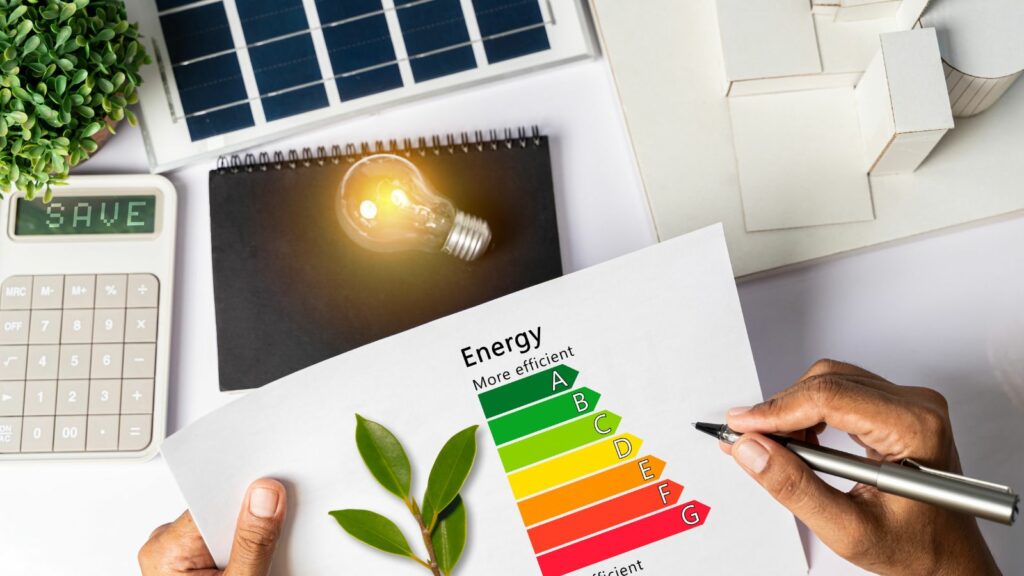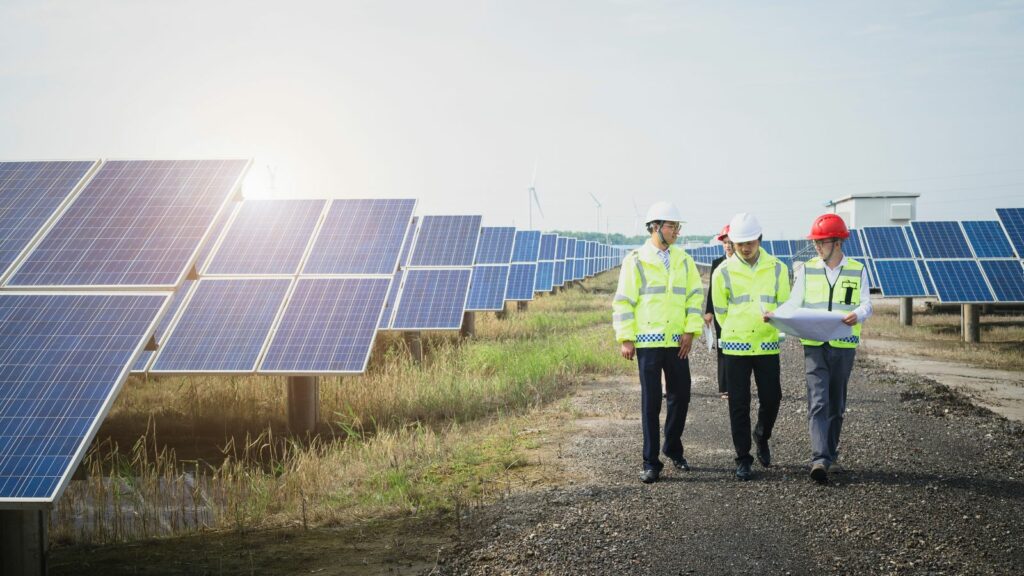In today’s rapidly evolving business landscape, the shift towards sustainability isn’t just a trend—it’s a necessity. Companies across the globe are increasingly turning to green energy solutions to reduce their carbon footprint and enhance their brand reputation.
Green Energy For Business
Green energy offers numerous advantages for businesses seeking sustainability and cost-effectiveness. Adopting renewable energy not only positively impacts finances but also enhances corporate responsibility and public image.
Cost Savings

Businesses accrue significant savings by transitioning to renewable energy sources. Solar panels and wind turbines, once installed, reduce dependence on costly fossil fuels. Maintenance costs for renewable technology are generally lower compared to traditional energy systems. Businesses can also benefit from tax incentives and credits for using green energy. These financial efficiencies allow companies to allocate resources more effectively.
Environmental Impact
Green energy drastically reduces environmental impact by lessening carbon emissions and reliance on finite resources. Businesses that harness renewable energy sources contribute to cleaner air and water by decreasing pollutants. This transition aligns with global efforts to combat climate change and conserve ecosystems. Companies benefit by meeting regulatory requirements and supporting broader sustainability initiatives, fostering a more sustainable planet.
Types Of Green Energy Solutions
Businesses today benefit from various green energy for business solutions that mitigate environmental impact and boost operational efficiencies.
Solar Energy
Solar energy captures sunlight using photovoltaic panels, converting it into electricity. Businesses install solar panels on rooftops or unused land, reducing dependence on the grid. According to the Solar Energy Industries Association, solar installations have grown rapidly, driven by declining costs and efficiency improvements.
Wind Energy
Wind energy harnesses aerodynamic force from wind using turbines, producing electricity. Companies, especially those in open areas, use wind farms to generate significant energy amounts. The American Wind Energy Association notes the sector’s rapid expansion, supported by advanced turbine technology and favorable legislation.
Biomass Energy
Biomass energy converts organic materials like wood or agricultural waste into usable power. Businesses utilize biomass for direct heating or electricity production via combustion. This renewable source contributes to sustainability by using materials otherwise considered waste, offering a cost-effective energy alternative.
Implementation Strategies
To effectively integrate green energy for business operations, adopting tailored strategies ensures a seamless transition. Companies can leverage several approaches for successful implementation.
Energy Audits

Conducting energy audits identifies current consumption patterns and areas of inefficiency. Professionals assess energy usage and pinpoint opportunities to incorporate renewables, optimizing existing systems. By understanding where energy is wasted, businesses can target reductions in overhead and align closely with sustainability objectives.
Financing Options
Exploring financing options enables businesses to manage initial investment costs. Several financial mechanisms exist to support renewable energy projects, including loans, leasing, power purchase agreements, and government incentives. These options ease the financial burden and make green energy integration more accessible for companies of all sizes.
Partnering With Providers
Partnering with experienced green energy providers offers access to expertise and technology. These collaborations ensure businesses implement best practices and benefit from the latest innovations. Providers typically customize solutions, meeting the unique needs of each business and maximizing energy efficiency and sustainability outcomes.
Challenges And Considerations
Green energy implementation presents several challenges for businesses despite its advantages. These considerations span financial, technological, and operational realms.
Initial Investment
Initial costs for green energy systems like solar panels and wind turbines can be high. Some businesses face barriers due to capital allocation constraints. The upfront investment in renewable infrastructure may deter small to medium-sized enterprises. However, exploring government incentives and financing programs can alleviate financial burdens, making green energy more attainable.
Technological Limitations

Technological barriers exist in integrating renewable energy solutions. Variability in solar and wind energy output can challenge consistent energy supply. Energy storage solutions, though improving, aren’t uniformly advanced or cost-effective. Additionally, infrastructure retrofitting may require significant updates to accommodate new technologies. Overcoming these limitations requires careful planning and investment in emerging technologies that enhance energy stability and efficiency.
Embracing Renewable Energy
Adopting green energy for business solutions is no longer just an option for businesses—it’s a strategic imperative. By embracing renewable energy sources, companies not only contribute to environmental sustainability but also gain significant economic and reputational benefits.

